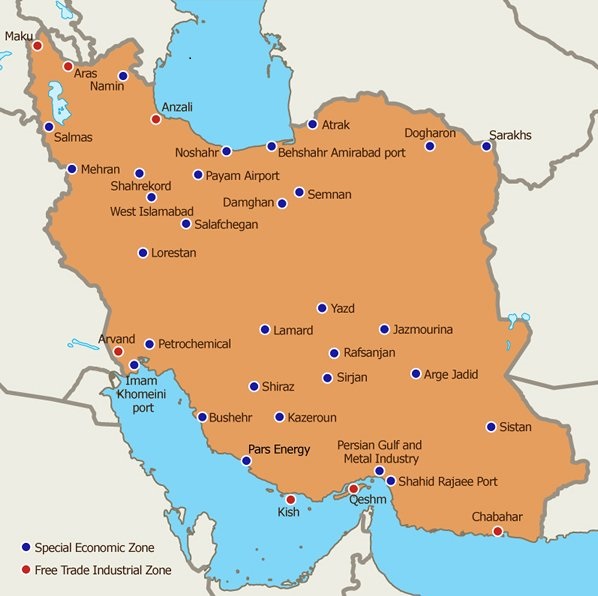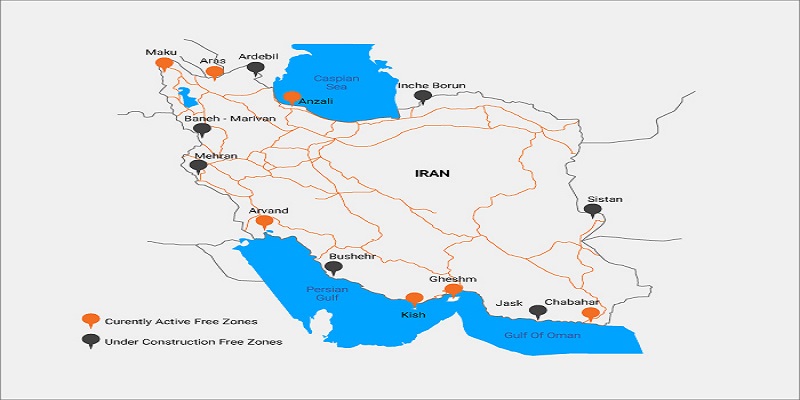Located in the heart of the Middle East, and Asia’s main pathway to Europe, it is geopolitically and economically important especially given its access to the Caspian Sea in the North and the Persian Gulf in the south. It shares its western borders with Turkey and Iraq. On the north and east, it shares borders with Azerbaijan, Armenia, Turkmenistan, Afghanistan and Pakistan.
The second biggest economy in the region, Iran has a population of over 80 million people according to the latest census. This predominantly urban population is an ideal untapped middle-class market with huge potentials. Because of the sanctions, the Iran market is far from saturated and offers invaluable opportunity for foreign investors and producers alike. Its young educated population, for example, can provide ideal skilled local workforce for foreign investors.
As the Iranian government is now welcoming inward foreign investments more than ever before, the government has provided an optimal context for the presence of foreign investors in the country. Among the government’s attempts, the enactment of protective laws for foreign investors is the most prominent measure. The Foreign Investment Promotion and Protection Act (FIPPA) has been enacted before the Iranian Parliament early 2000. Through FIPPA Act, the foreign investors by gaining the Investment License before the Organization of Investment, Economic and Technical Assistance of Iran (OIETAI), would be provided by considerable protection for entrance of their investment and capital into the territory of Iran, operation of their investment projects and extraction of the profit and even the capital to destined states.
In the FIPPA, three main vehicles have been envisaged for foreign investment. Investment could be made through Direct Foreign Investment in all areas where private participation is allowed. However, in some areas, investment can only be made by means of Build Operate Transfer, Build Operate Own, or Buy-Back mechanisms.
Foreign investors can form companies in Iran with one hundred per cent foreign ownership. The resulting company will be an Iranian company which would enjoy all the rights and privileges available to Iranian nationals. Such companies can even acquire immovable property in the name of the company. Foreign companies are also given the option of establishing a representative office or a branch in Iran. If foreign investment qualifies for a FIPPA license, then it can avail itself of many more incentives. Besides, there are tax exemptions or reductions available in Iranian Free Trade Areas and also for productive activities in the less developed areas of the country.
However, investing in a foreign country and making a profit requires complete awareness of the economic, social, political and most importantly legal circumstances of the host country. Having good awareness of the economic, social, political and legal situation inside the country, foreign investment attorneys and legal experts of Bayan Emrooz Law Firm, in order to provide the right legal and economic setting for effective and easy investments assist their clients to achieve their commercial goals by rendering these legal services:
- Management and consultation in investment negotiations.
- Obtaining required licenses for investment.
- Drafting investment contracts such as Joint ventures, Agency, Franchise, Buy Back, BOT, and etc., and offering consultation about the contractual regime best suited to the investment type and its drafting.
- Consultations about direct and indirect foreign investment.
- Representation and consultation in dispute settlements of foreign investment disputes in domestic and international tribunals.













